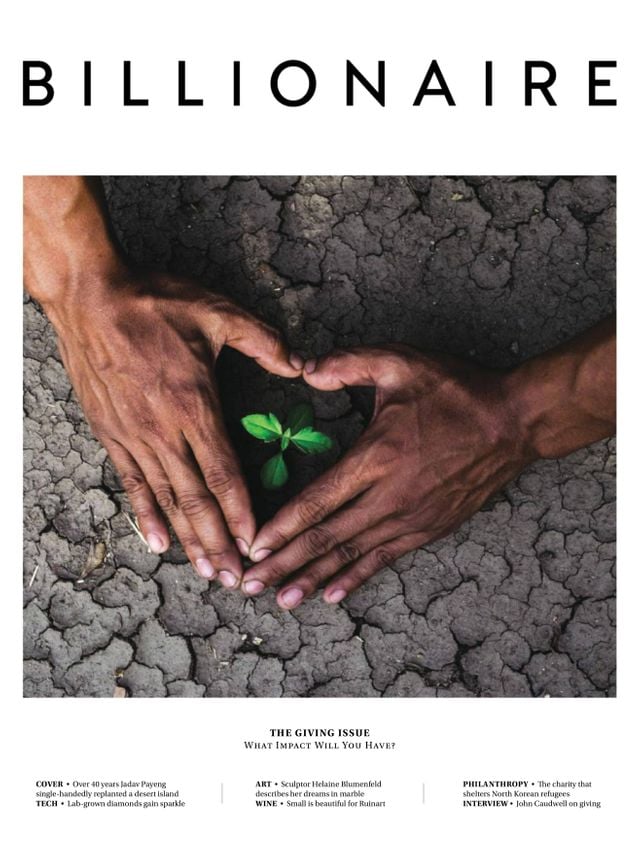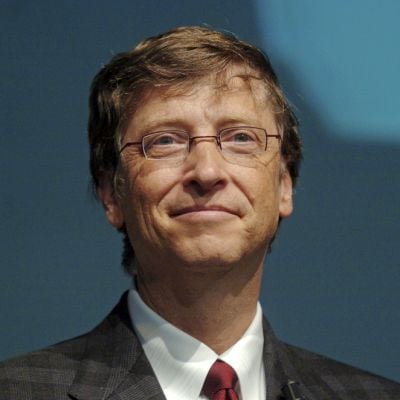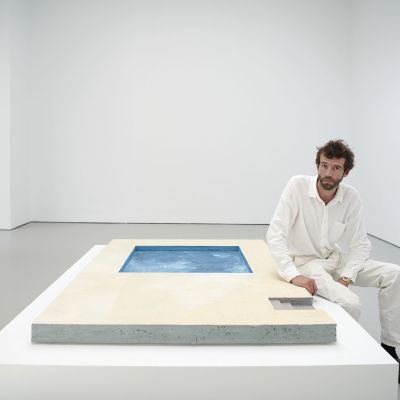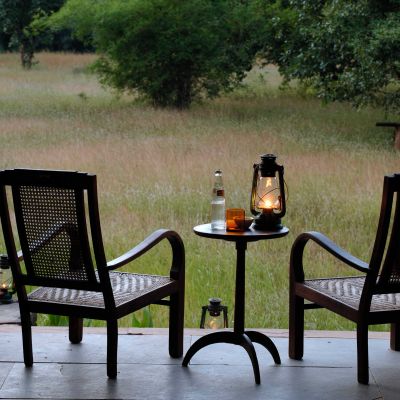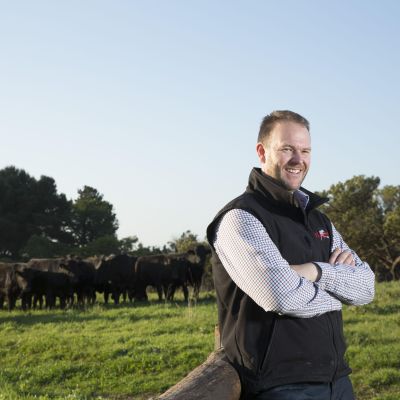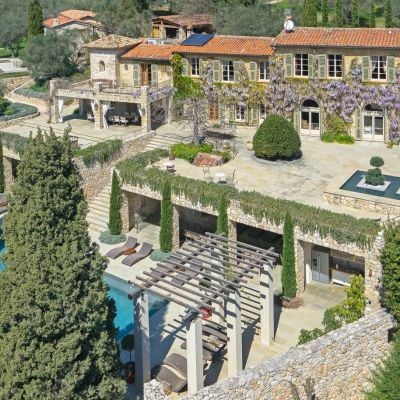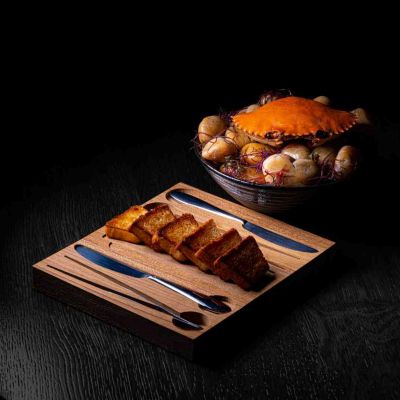Long Walk To Freedom
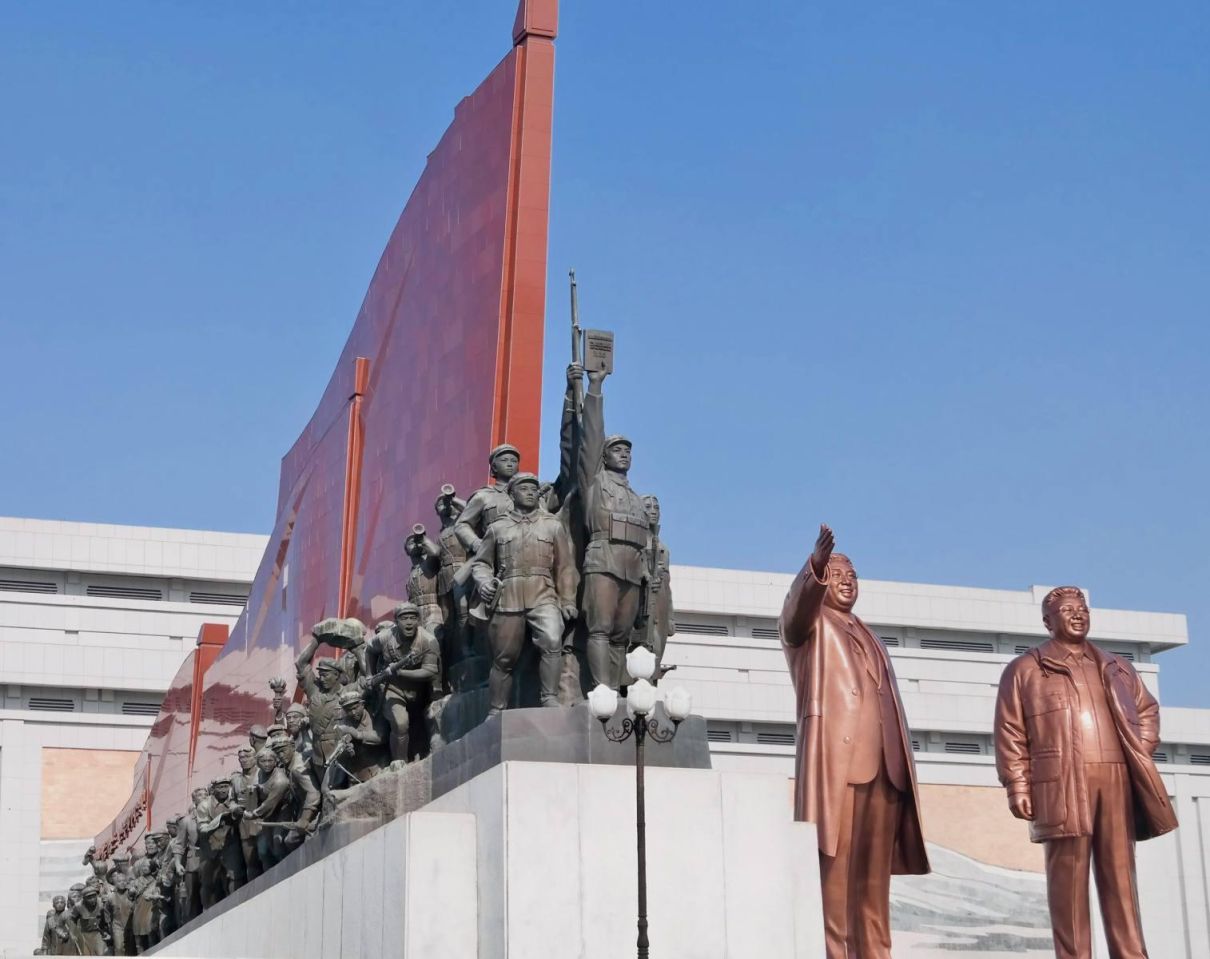
The 3,000-mile journey from North Korea to South Korea is an exceptionally dangerous path to liberty.
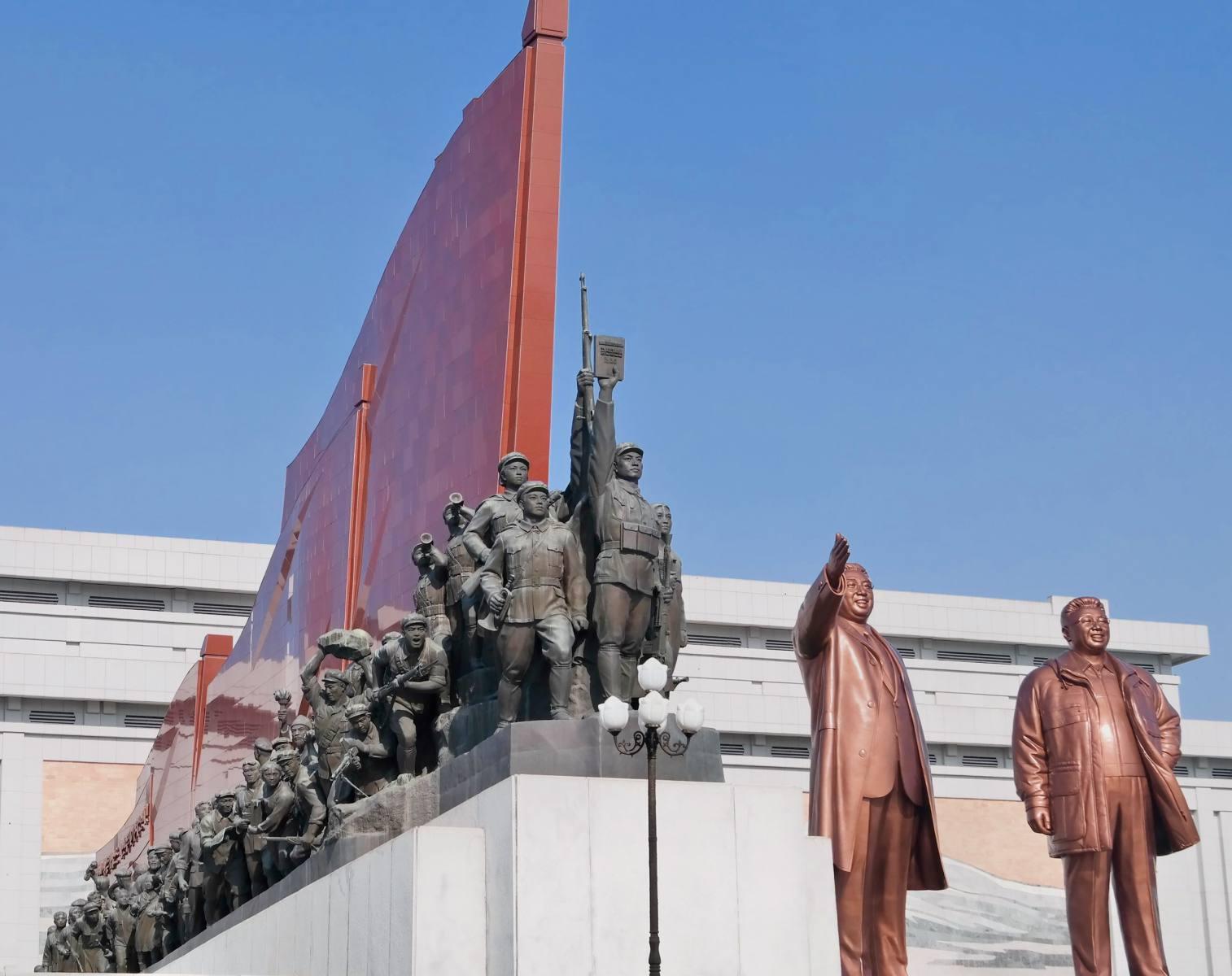
Attempting to escape from North Korea requires accepting a level of personal risk that is almost unimaginable. In the quest for liberty and freedom, a North Korean refugee puts their entire life, and those of their family, in jeopardy.
The upside is impossibly tempting: democracy, education, agency and choice. Should their attempt fail, the consequences are bleak: usually imprisonment in a ‘re-education camp.’ Or worse.
Anna Fifield, The Washington Post’s bureau chief in Beijing, an authority on North Korea, says: “Kim Jong-un has really clamped down on the borders. It’s much more difficult to escape now.” Since Kim Jong-un came to power in 2011 and reinforced the border with China, the number of North Koreans reaching South Korea has dropped off a cliff. The year 2017 saw the lowest number of escapees reaching South Korea since 2001.
Fifield suggests: “Even China looks like political reform compared to North Korea. With satellite images we’ve been able to see that the prison camps have been expanded or consolidated. People are still sent away with their families for political crimes.”
Increasingly, North Koreans are driven to escape not because of economic hardship — as was once the case — but disillusionment with the totalitarian system. Faced with the cruel reality of the regime under which they live, and with an increased understanding of the unimaginable prosperity and affluence of South Korea and the wider world, a sense of dissatisfaction and resentfulness crystallises.
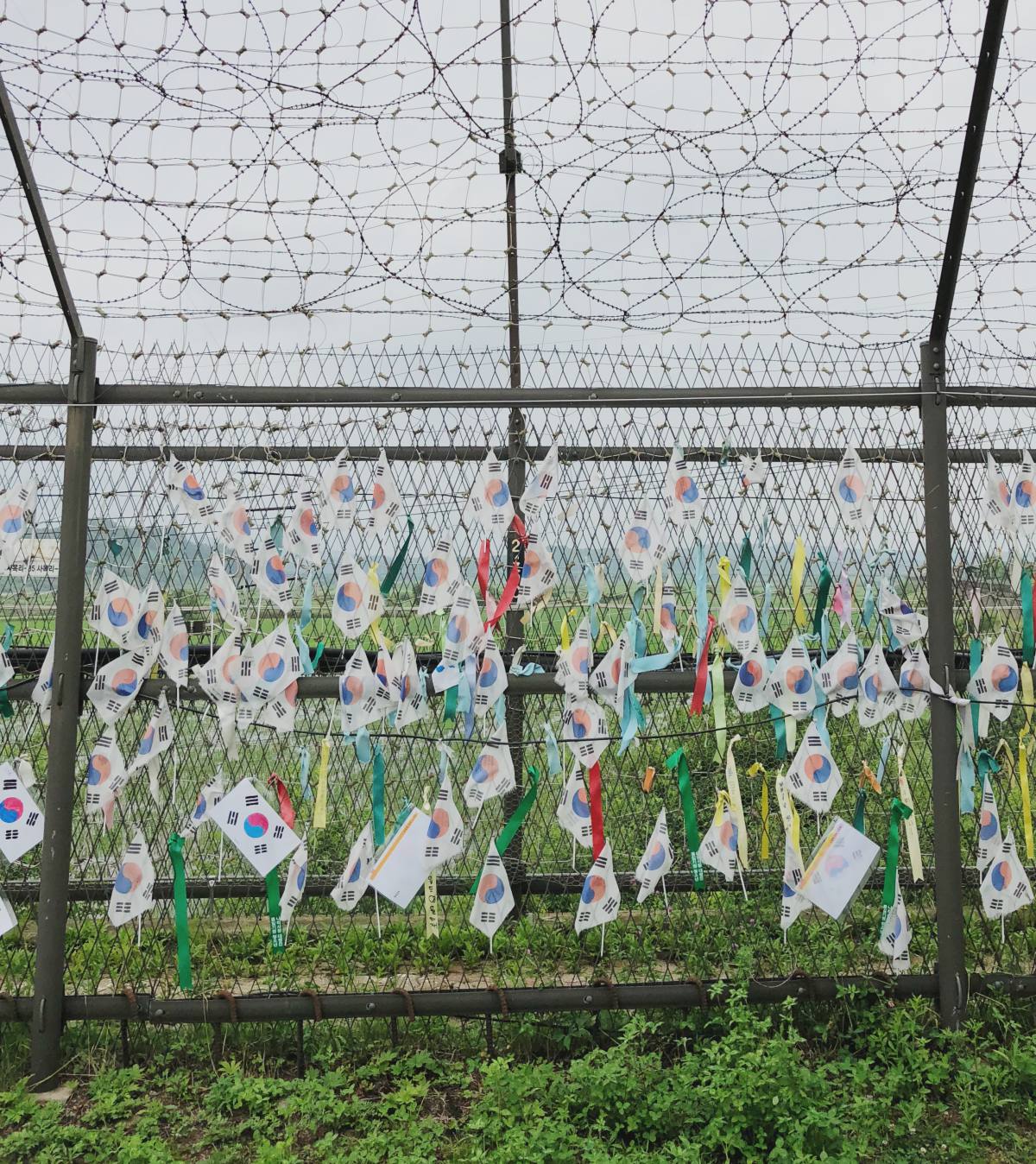
Under the cover of darkness, small groups of people smugglers and North Korean escapees will enter the icy-cold waters of the Yalu River. Border guards in watchtowers may have been paid to look the other way, or they might not have been, and their searchlights will criss-cross the river’s troughs and peaks. Soviet-era rifles sway back and forth at waist height.
Upon reaching the People’s Republic of China, the North Korean escapees are barely safer, or freer, than they were in North Korea. China actively seeks out escapees, which it classifies as ‘economic migrants’, to repatriate them to North Korea. Denied access to South Korean embassies and consulates, which are ring-fenced by China’s state-security services, the escapees find themselves in a dark void. Should they be unable to connect with a rescue network, they will likely fall prey to rampant human exploitation.
Liberty in North Korea (LiNK) is one such network that helps smuggle North Korean escapees from northern China to the freedom afforded to them by new lives in South Korea or the US. LiNK is a charity that seeks — as the name suggests — to liberate the North Korean people. It does this not just by rescuing refugees, but by giving North Koreans the confidence to tell their stories, and a platform from which to do so.
Hannah Song has been LiNK’s president and CEO for more than a decade. “Even if North Korean refugees make it across the border into China, they’re still at risk of being arrested and forcibly returned to North Korea, where they face harsh punishment,” she says.
Song tells me how LiNK has labelled the economically backward part of China that immediately borders North Korea as “the red zone”. “It’s very dangerous in that region,” she says. “It’s especially difficult for people who’ve come across and don’t have networks. Historically, it’s an area where a lot of North Koreans — particularly women — would get picked up to be sold, trafficked or exploited.” To protect the rescue network, and the safety of the refugees, LiNK finds North Korean refugees largely via referrals and tip-offs.
The typical cost of shepherding a North Korean refugee from northern China, into Southeast Asia, through Vietnam and Laos, to the safety of Thailand — an epic journey consisting of taxis, buses and mountainous hiking — is $3,000.
Additional significant costs can arise, however, should LiNK be referred to a refugee in a particularly vulnerable position, typically closer to the North Korean border, within the red zone. “It could be about $1,500 additional, per person,” explains Song. “It depends on when they’re crossing; if they’re by themselves; and if they have children or medical issues.”
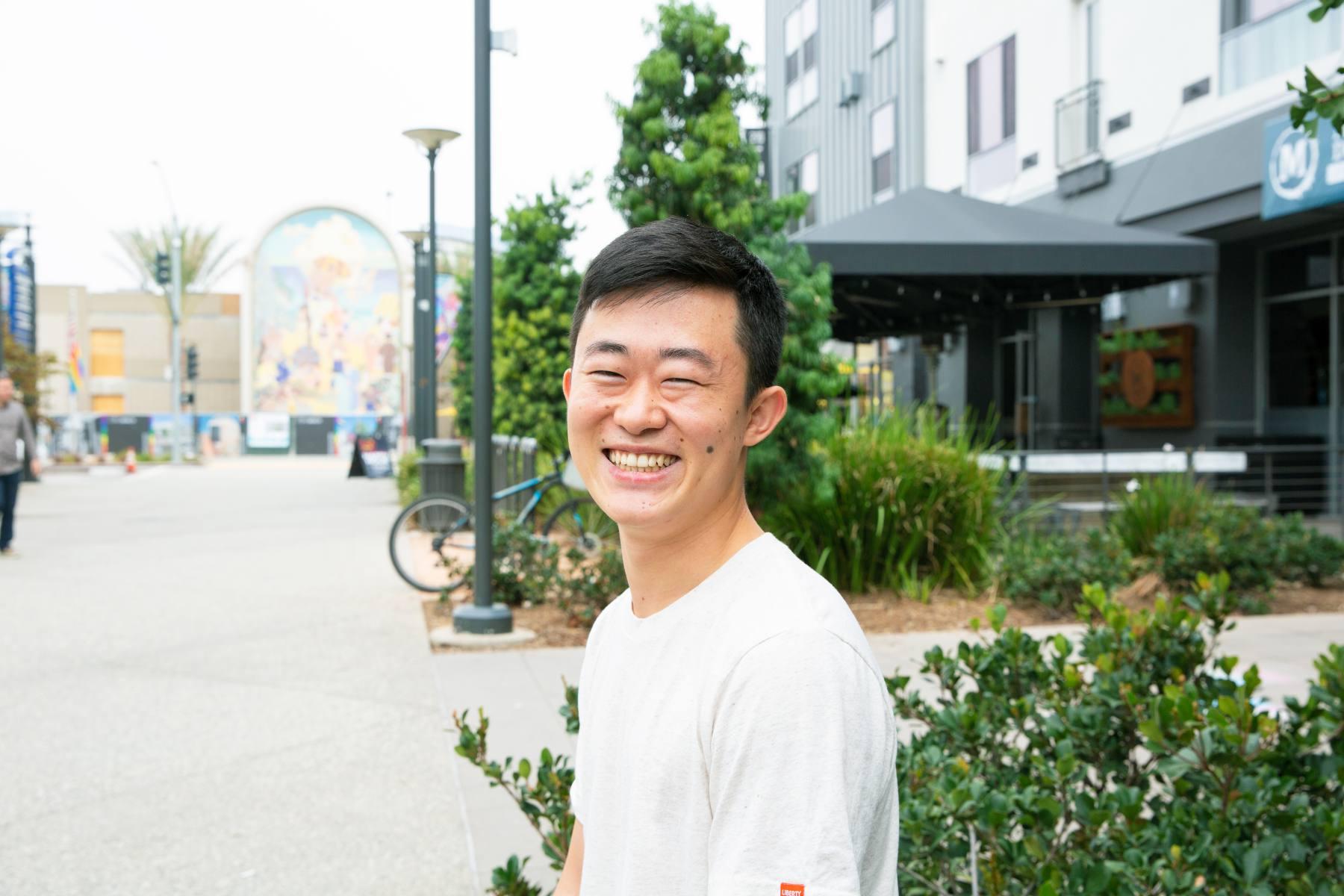
Song herself, like a significant proportion of LiNK’s employees and supporters, is Korean-American; inextricably linked to the North Korea issue via a plethora of historical cultural understandings and experiences. She describes her personal links to the North Korean issue as “pretty significant”, although hers is a connection that goes a step further than most others: “My grandmother is actually from North Korea. But growing up, she never talked about it, so I had no connection to the issue. I only found out probably five or six years ago that when she left North Korea, she left behind her husband and two children, and didn’t know that she would never be able to go back again. She went onto South Korea and remarried.”
Stories of escape — particularly attempted escapes — are harrowing and underscore the brutality of the North Korean regime. One such story was recounted at a recent event hosted by LiNK. The main speaker, a North Korean lady named Jo Eun, reduced some of the 300-strong audience to tears. Song says: “Jo Eun’s story is incredible. The challenges she has faced are unbelievable. This is a woman who tried to escape three times previously. On her fourth attempt, she was finally connected to our network and was able to make it out safely.”
Her voice straining, Song recounts Jo Eun’s extraordinary story. “On her third attempt she tried to escape with her daughter. They were caught right on the border, crossing the river, and were pulled back by North Korean guards. They beat her daughter in front of her and then beat her in front of her daughter.”
Helping North Korean refugees get to South Korea and begin new lives is not just an end in itself. There is a multiplier effect; each refugee given a new liberty is testament to the redundancy and barbarism of the North Korean regime. These success stories are helping to reveal gaping cracks in the façade of North Korean totalitarianism.
“Working with North Korean refugees is not only humanitarian but also strategic,” Song says. Of the refugees “about 50 percent of them end up re-establishing contact with family members back inside North Korea. Not only that, they also send money back. On average, these remittances going back into the country are about $1,500-2,000 annually, per individual”.
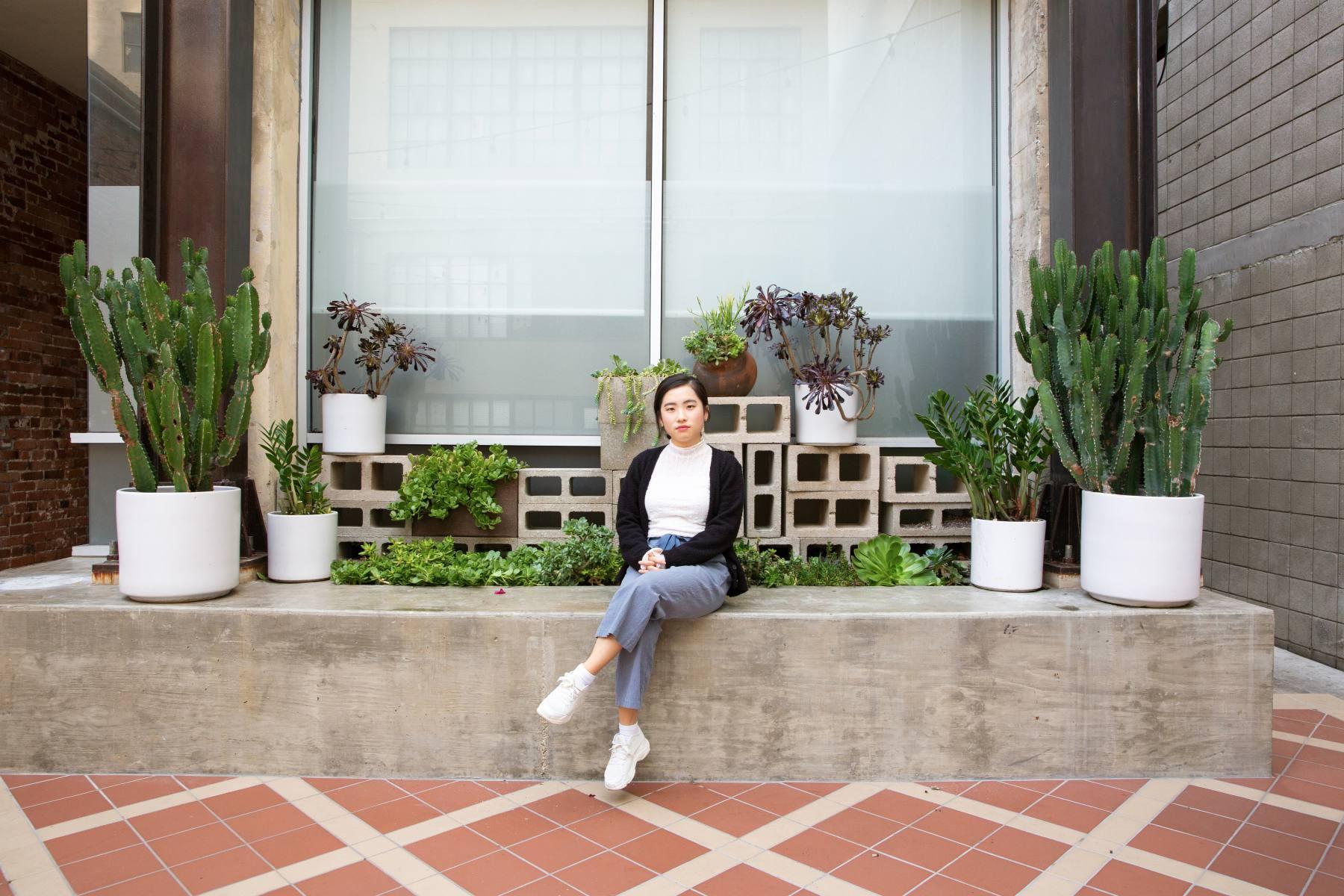
The money travels through private, underground broker networks: it isn’t going to Kim Jong-un’s regime. After hefty broker fees, the money is eventually reaching family members. Song estimates there’s “probably to $15-20 million dollars going back into the country through these illicit networks, to families”.
She adds that for a refugee’s family, the money “empowers them to protect themselves to engage in market activities and be able to invest in their own entrepreneurial activities. This is important because a lot of defectors have come from the same key regions. We call some of these areas hot spots of change, where we believe change is happening at a faster rate”.
Song’s passion for this cause is genuine and intense: “We truly believe that the North Korean people are going to achieve their liberty and it’s going to be in our lifetime.”
Fifield is more cautious: “In the course of my reporting both inside and outside of North Korea, I have seen no signs of opposition in North Korea whatsoever. It is possible to have dissent in China — somewhat — but not in North Korea. There’s no sign that Kim Jong-un is going anywhere anytime soon.”

